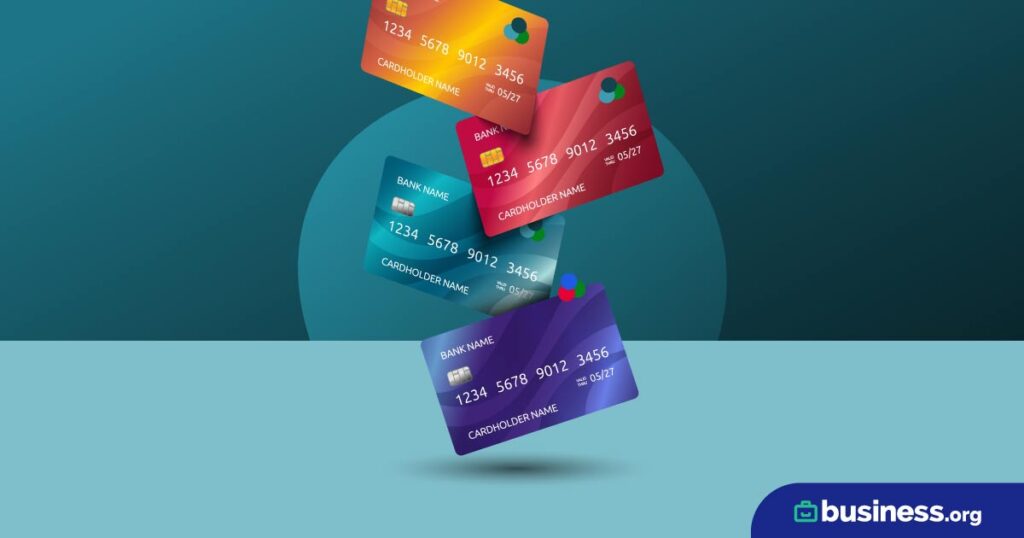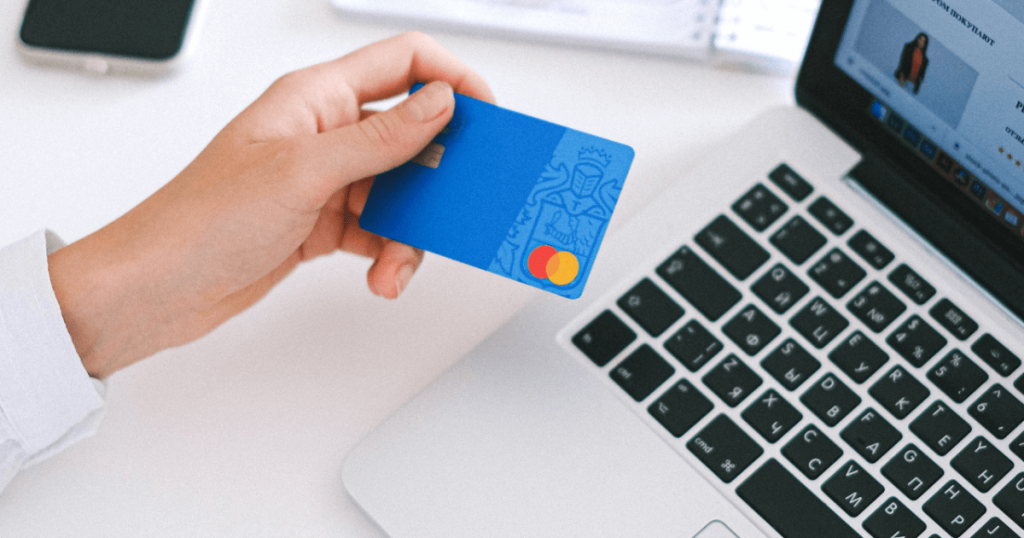We are committed to sharing unbiased reviews. Some of the links on our site are from our partners who compensate us. Read our editorial guidelines and advertising disclosure.
How Your Small Business Benefits from Network Security
If you’re a small business, the cost of a cyberattack could be huge. According to IBM and the Ponemon Institute’s The Cost of Insider Threats Global Report 2020, small businesses spend an average of $7.68 million per cyber incident, and it takes an average of 77 days to contain the damage.1
Despite this, 42% of small businesses2 with 50 or fewer employees have no cybersecurity defense plan in place whatsoever. One in five small businesses have no endpoint security, and one in three only use free or consumer-grade security for business purposes.
As cybersecurity teams catch up with the working-from-home surge, and as some corporations start to return to office-based working, cyberattackers may shift their focus once again to small and medium businesses. Is your organization prepared?
Having the right network security in place reduces the risk of cyberattacks happening to your business dramatically. Below, we outline what security measures you should take to protect your business.
By signing up I agree to the Terms of Use and Privacy Policy.
What is network security?
Network security is the umbrella term given to the strategy, practices, and software that protect your business systems from cyberattacks. These elements work together to minimize the risk of your business data being compromised. If attacked, your daily operations will be affected when your network slows down or grinds to a halt, which could affect your ability to trade, meet compliance regulations, or simply function normally.
A thorough network security strategy should include the following features:
- Hardware: make sure that your employees’ devices are safe to use and at minimal risk if stolen or lost.
- Software: implement cybersecurity software to detect, fight, and minimize cyber threats to ensure your software isn’t vulnerable to attack.
- Security processes: create and maintain reporting plans and escalation procedures in the event of a data breach.
- Training: provide level-appropriate training for employees so they can keep the organization and themselves safe from cyberattack.
- Access: maintain controls that ensure sensitive information is only accessible to those with “need to know” clearance.
There are a host of software tools that will help you maintain solid network security. These include antivirus software, network analytics, firewalls, virtual private networks (VPNs), AI-enabled behavioral monitoring, data encryption, and more.
Remember that these are just one aspect of your network security. You should also proactively ensure that your training, reporting, access, and device security processes prevent the opportunity for attacks in the first place.
What does network security protect against?
There are a range of ways that cybercriminals could gain access to your network and compromise valuable data. This makes small businesses a tempting and easy target for cybercriminals.3 These are some of the most common cyberattacks:
- Malware: attackers install malicious software (for example Trojans, viruses, ransomware) onto your network of computers, often by enticing users to click a link or email attachment.
- Phishing: attackers steal login credentials or other sensitive data via fraudulent communications pretending to be from reputable sources.
- Man-in-the-middle: attackers steal data by disrupting a two-party transaction (also known as an “eavesdropping” attack).
- Denial of service: attackers flood systems, servers, or networks with traffic so that they aren’t able to process legitimate requests.
- Structured Query Language (SQL) injection: attackers insert malicious code into a SQL database that can modify or delete data, shut down your database, or even issue commands to your operating system.
- Brute force: attackers guess common email/password combos until they get lucky. Automation can speed up this process significantly.
What are the benefits of network security for small businesses?
Perhaps this question needs rephrasing. It’s not so much a question of benefits as one of need. Why do small businesses need good network security practices?
Short answer: you’re less prone to attack, you’ll be able to meet your compliance requirements more easily, and you’ll avoid related reputational damage. All of these things make it easier to trade and remain profitable.
The cybersecurity landscape is evolving all the time, so to realize these benefits and keep up, you’ll need to commit to reviewing and updating your network security regularly.
Protect your business from external threats
About 70% of data breaches over the year were caused by people outside the business.4 Implementing comprehensive device security practices and the right cybersecurity software are vital to minimizing external threats. Setting up admin approval for all new devices trying to access your network is a great first step, as you automatically get notified if an unknown device is trying to access your systems.
Having regularly updated cybersecurity software in place will also offer significant protection against malware attacks. With ransomware attacks in particular on the rise, having enterprise-level antivirus, firewalls, and intrusion detection systems in place are critical.
These steps will protect your small business from a range of external attacks, including brute force password hacks, malware, and phishing (if your software flags suspicious emails or other communications on your system).
Protect your business from internal threats
Intentional or not, 30% of data breaches originate from internal actors.5 While not as common as externally driven attacks, this still requires significant attention.
The good news is: many of these attacks are entirely preventable. While there’s always the potential for malicious employees or ex-employees to cause trouble, many internal attacks are due to insufficient access controls or lack of employee training.
Instead of viewing your employees as a security risk to be mitigated, why not consider them a potential asset? If you build cybersecurity into the fabric of your organization, rather than relying on emergency add-ons, the chances of avoidable internal error decrease dramatically.
You could start by providing regular, up-to-date training on the latest cybersecurity threats to watch out for. Don’t settle for a half-hearted e-learning module as part of the onboarding process—make sure knowledge is relevant, current, and refreshed regularly. It’s also important to designate someone responsible for managing access to sensitive data.
Ensure your business is compliant
A range of industries are quickly stepping up their game when it comes to data protection. Many regulatory bodies now require you to take reasonable precautions to protect your organization and the data you hold from attackers. If you don’t, you could face hefty fines or limits on trading.
The Health Insurance Portability and Accountability Act’s (HIPAA) rules on safeguarding electronic personal health data regularly hit headlines in this space, thanks to high-profile ransomware attacks on US hospitals. Meanwhile, anyone trading in Europe needs to adhere to data protection laws in the EU's General Data Protection Act.
There may be similar regulations in place across your industry or region. Make sure you’re aligned on what they ask of you and where your network security needs to be to stay compliant.
Create an attractive business proposition
It’s not only the regulators that are becoming increasingly concerned about data protection. As awareness has grown about the risks of businesses holding a large amount of personal data, consumers have been taking more of an interest in how companies protect their data.
About 32% of consumers care enough about the issue to switch companies if they have concerns about how their data is handled.6
What’s more, if you can actively demonstrate a commitment to data security, you may pick up long-term customer loyalty and additional revenues as a result.
Simple touches stand out here. You could require all customers to log in via two-factor authentication, for example. Small, public actions like this show you take cybersecurity seriously, without giving your entire strategy away to potential attackers.
Network security FAQ
How can you keep your small business network safe?
There are several steps your small business can take to keep your data and network secure from a cyberattack. Ensuring your organization has the right hardware, software, and security processes are key to keeping cyberattackers out of your business.
How can you secure your business’s data?
Securing your business's data is critical, especially in today’s remote business world. Safety measures can include antivirus software, network analytics, firewalls, virtual private networks (VPNs), AI-enabled behavioral monitoring, data encryption, and more.
The takeaway
More and more small businesses face cyberattacks, but your business doesn’t have to be one of them. By putting in place the right security measures, from employee training to antivirus software, you’ll be able to avoid falling victim to preventable cyberattacks. This will not only save you a major headache, but you’ll also save money by avoiding direct revenue losses, regulatory fines, and more.
Want more tips on how to keep your small business safe from cyberattacks? Find more information in our How to Secure a Website
Disclaimer
At Business.org, our research is meant to offer general product and service recommendations. We don't guarantee that our suggestions will work best for each individual or business, so consider your unique needs when choosing products and services.
Sources
- Ponemon Institute and IBM, The Cost of Insider Threats Global Report. Accessed March 22, 2020
- BullGuard, Consumer Cybersecurity Survey. Accessed March 22, 2021
- Interpol Report, COVID-19 Report on Cyber Crime. Accessed March 22, 2021
- Verizon, Data Breach Investigations Report. Accessed March 21, 2021
- Verizon, Data Breach Investigations Report. Accessed March 21 2021
- Cisco, Consumer Privacy Report, 2019. Accessed March 20, 2021




